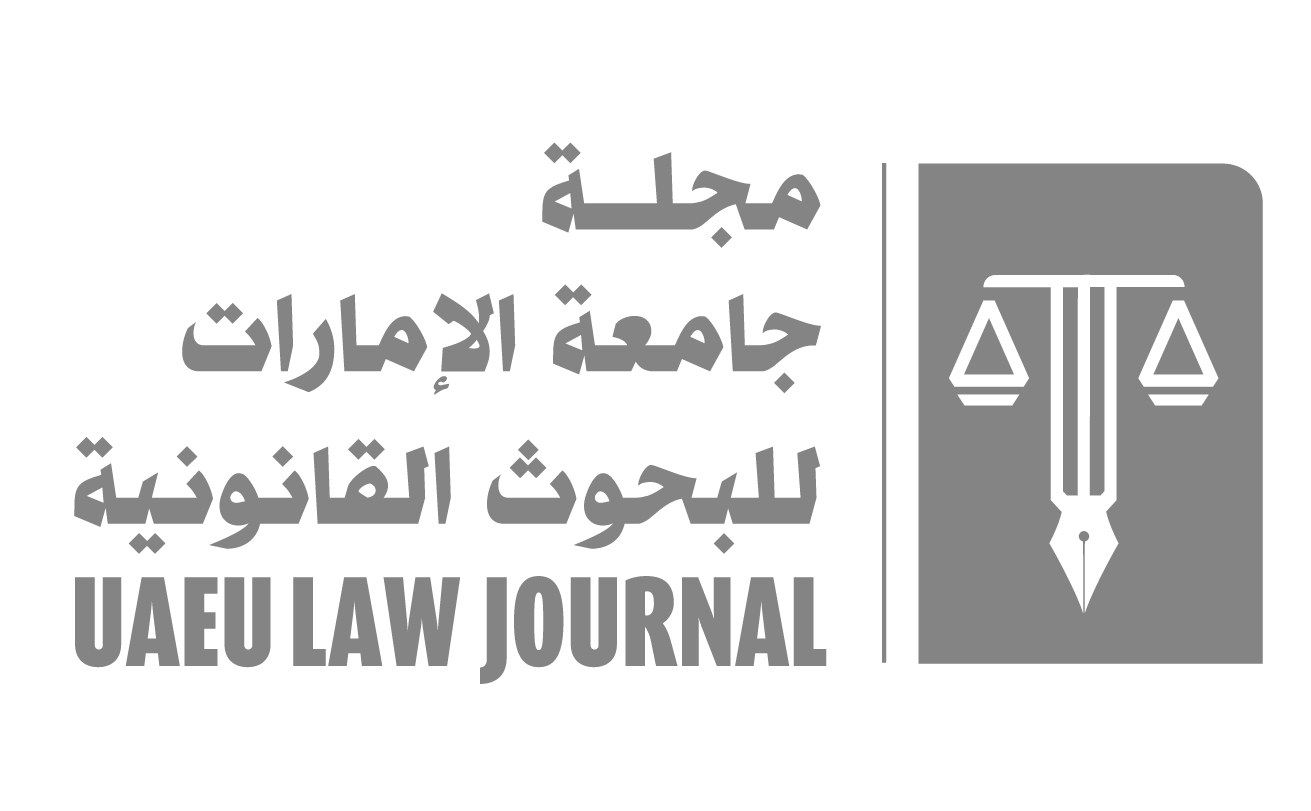
Article Title
Foreclosure in English law: A Comparative Analytical Study of Islamic Jurisprudence and Comparative Law
Abstract
The Foreclosure is considered as the most drastic or draconian remedy, which leads to the extinction of the equitable right of redemption and restoration or recovery of the mortgaged property enjoyed by mortgagor, due to his or her default from repaying the debt secured by mortgaged Property. Which allows the mortgagee to acquire the ownership of the mortgaged Property, after being transferred to him or her. It is also worth-bearing in mind that the foreclosure is considered as an equitable system, imposed by the rules of justice and equity, in order to eliminate the mortgagor's procrastination or default from repaying the debt secured by mortgage. Whereas the foreclosure in both the Iraqi Civil Law No. (40) of 1951, and the Federal civil transactions law No. (5) of 1985 of the United Arab Emirates, highly affected by Islamic jurisprudence, has been embodied by two type of terms or conditions: The first is the clause of agreement vesting onto the mortgagee a right in case of failure to pay the debt on the date of maturity, to appropriate the mortgaged property which is the subject matter of an authentic mortgage. And the clause of agreement to sell it without observing the procedure laid down in the law. While the Egyptian civil law No. (131) of 1948 permitted the foreclosure exceptionally, and within a limited extent.
Recommended Citation
Ali, Younis Salah Eddin Dr.
(2022)
"Foreclosure in English law: A Comparative Analytical Study of Islamic Jurisprudence and Comparative Law,"
مجلة جامعة الإمارات للبحوث القانونية UAEU LAW JOURNAL: Vol. 91:
No.
91, Article 7.
Available at:
https://digitalcommons.aaru.edu.jo/sharia_and_law/vol91/iss91/7

